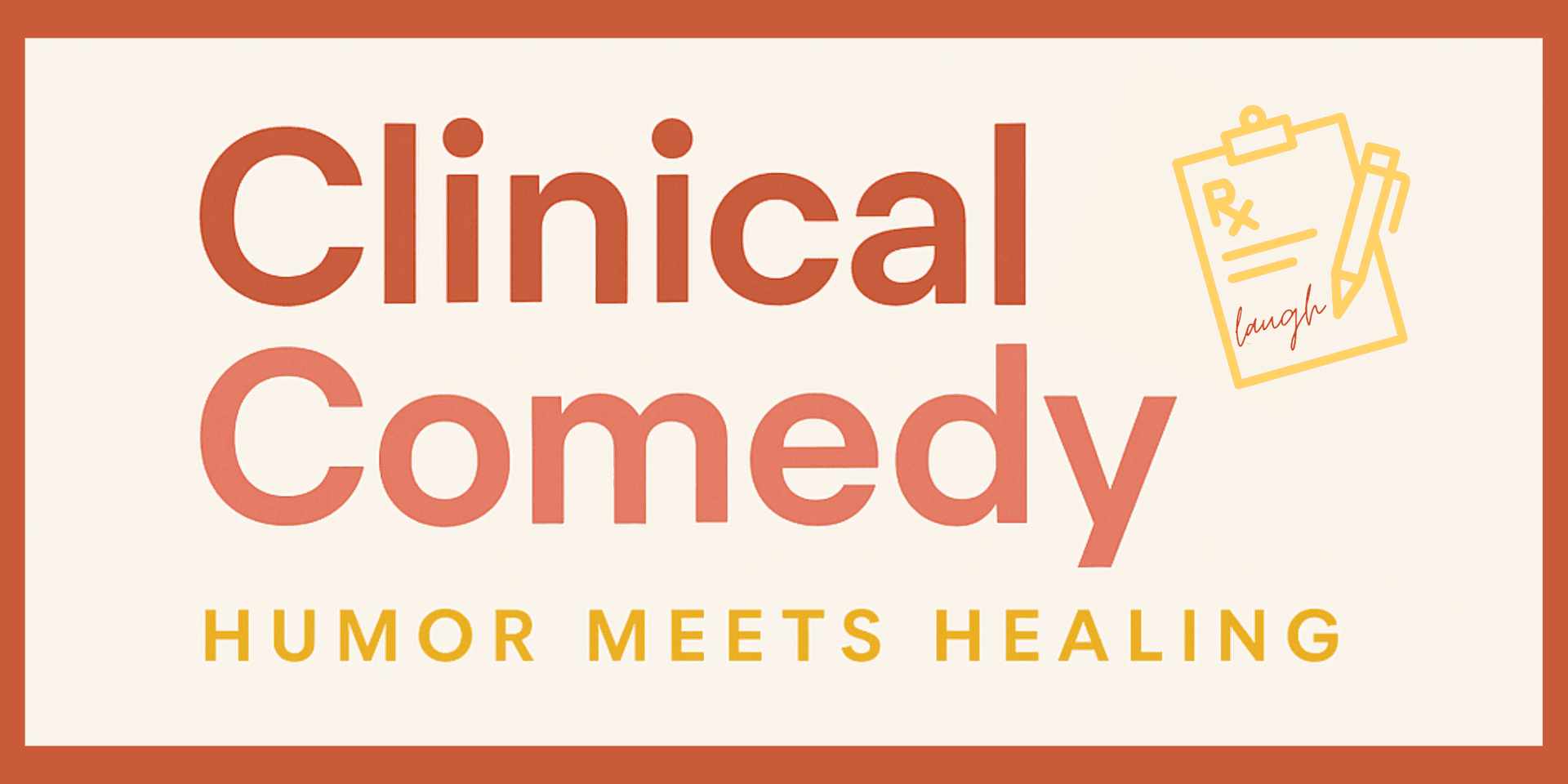Transforming Lives: The Science Behind Laughter as Alternative Therapy
The Healing Power of Laughter
Laughter has long been celebrated for its ability to uplift spirits and bring people closer together. But beyond its social benefits, laughter is gaining recognition as a powerful form of alternative therapy. Studies have shown that laughter can significantly improve both mental and physical health.

From reducing stress to boosting the immune system, laughter is a natural remedy with profound effects. As researchers continue to explore this fascinating area, it's becoming clear that laughter is much more than just a response to humor—it's a therapeutic tool that can transform lives.
Understanding the Science of Laughter
At its core, laughter is a complex physiological response that engages multiple regions of the brain. When we laugh, the brain releases endorphins, which are chemicals that promote feelings of happiness and relaxation. This natural high can help reduce pain and improve overall well-being.
Moreover, laughter stimulates the production of antibodies and activates immune cells, thereby enhancing the body's ability to fight off illness. By improving circulation and increasing the intake of oxygen-rich air, laughter also contributes to cardiovascular health.

Psychological Benefits of Laughter
Laughter serves as a powerful antidote to stress and anxiety. When we laugh, cortisol levels—often referred to as the stress hormone—are reduced, leading to a more relaxed state. This reduction in stress can result in improved mental clarity and focus.
In addition to alleviating stress, laughter can improve mood by triggering the release of serotonin, a neurotransmitter associated with feelings of happiness. This makes laughter an effective tool for combating depression and other mood disorders.
Laughter in Practice: Therapeutic Techniques
Laughter therapy encompasses a range of techniques designed to harness the healing power of laughter. Laughter yoga, for example, combines playful exercises with intentional breathing to induce laughter and promote relaxation. This practice is accessible to people of all ages and fitness levels.

Similarly, laughter clubs offer a supportive environment where individuals can gather to laugh together without the need for jokes or comedy. These groups emphasize the therapeutic benefits of laughter and provide a space for emotional release and connection.
Incorporating Laughter into Daily Life
Integrating laughter into daily routines can be both simple and rewarding. Setting aside time each day for activities that trigger laughter—such as watching a comedy or playing a fun game—can lead to long-term health benefits.
- Engage in playful activities with friends or family.
- Practice laughing exercises or join a laughter club.
- Encourage humor in the workplace to foster a positive atmosphere.
By making laughter a priority, individuals can cultivate a more joyful and resilient mindset that enhances their quality of life.
The Future of Laughter Therapy
As the understanding of laughter's therapeutic potential continues to grow, more healthcare professionals are beginning to incorporate it into treatment plans. From hospitals to mental health clinics, the application of laughter therapy is expanding rapidly.

Future research will likely uncover even more ways in which laughter can be used to support healing and well-being. As awareness spreads, laughter therapy has the potential to become a cornerstone of holistic healthcare approaches worldwide.
